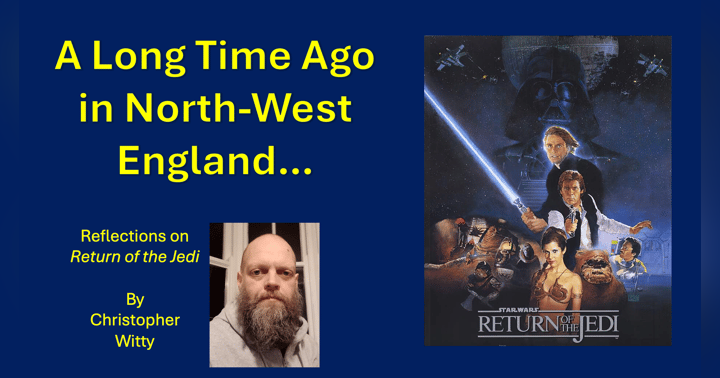Moonstruck Essay by Guest Essayist Kate Duffy

The first time I watched Moonstruck, I was a cynical 19-year-old going through what was then the worst year of my life – in fact, the worst year I could conceive of anyone having, barring a famine or world war. Having just watched the film for at least the 50th time last week, I am now a cynical 30-year-old going through what is now the definitive worst year of my life (so far!). I guess the upside is that I have lived enough years in between to know that someone has it worse, and that also it doesn’t matter if someone has it worse because I have it bad, whatever that means to me.
The beauty is that Moonstruck is still there for me, and better than that, it has much more to give and to teach. Each time I watch this movie (which is often), I am bowled over again and again by how generous the movie is to both its characters and audience. I delight in the fact that each viewing brings new opportunities for me to grow my optimism, my realism, and yes, even my cynicism. The film traffics in all of these concepts, holds them close, and allows them to exist simultaneously, like begrudgingly loving siblings making up after a fight. Each character has to let go of and pick up these concepts at once to get to where they’re going.
“Playing it safe is just about the most dangerous thing a woman like you could do. I mean, you waited for the right man the first time. Why didn’t you wait for the right man again?”
“Because he didn’t come.”
“I’m here!”
“You’re late!”
When Cher’s Loretta allows herself to entertain the idea of loving someone again, the fear she has been holding back since the death of her husband works overtime to convince her to abandon her fling with her hapless fiancé Johnny’s (Danny Aiello) brother, Ronny (Nicolas Cage). “A person can see where they messed up in their life and they can change the way they do things. They can even change their luck,” Loretta says to Ronny. “Maybe my nature does draw me to you, that don’t mean I have to go with it.”
Ronny is unconvinced. He sees Loretta for who she truly is and what she wants. He sees the depth and beauty of their connection plainly without reservation. Both lovers hold contradictory optimism, cynicism, and realism. On the surface, Ronny is flamboyantly cynical. When we meet Ronny, he blames Johnny, for ruining his life by distracting him, leading him to accidentally cut off his hand. As a result, his fiancée leaves him. Ronny rages and rails against the forces he believes have left him alone and lonely. Yet, immediately under that surface lies a man desperately longing for love and so willing to catapult himself into that love without a passing hesitation. Ronny is a romantic optimist hiding behind a guise of cynicism, while Loretta identifies herself as a realist open to love and all of its trappings (even though she is willing to move ahead with marrying someone she does not love to appeal to her fear of intimacy and need to play it safe). When she finally cuts herself free and allows herself to be irresponsible and fall into Ronny, he remains unafraid and they are able to find their true selves as a couple.
Loretta’s father, Cosmo (Vincent Gardenia), also falls prey to cynicism. Chugging along on a prolonged and undiagnosed midlife crisis and engaging in an affair to buck himself up and put a band-aid on his fear of dying, he believes that his life is over, and that it is “built on nothing.” It is only when his wife, Rose (Olympia Dukakis) confronts him about his affair and fights for him, demanding that he end the relationship with Mona, that he can let go of his self-loathing and get out of his own way to see the love and success that his life already holds.
The genius of Moonstruck is that none of the characters are treated too harshly for engaging in cynicism (or adultery), nor are they unduly celebrated for remaining optimistic. Everyone is allowed their own path, to be irresponsible, to make a mess, to go back and forth between leaning into doom and delight. “We aren’t here to make things perfect,” Ronny says to Loretta when he makes a case for her to give their connection a fighting chance. Instead, he simply wants her to try and give herself what she truly wants.
The older I get, the more cynical and optimistic I become in equal measure. The older I get, the more I am willing to try and also to give up. These things exist together, I’ve found. The beauty of all of it is right there for us to see and to grab, if we are daring enough to try.
- Kate Duffy
May 6, 2022






